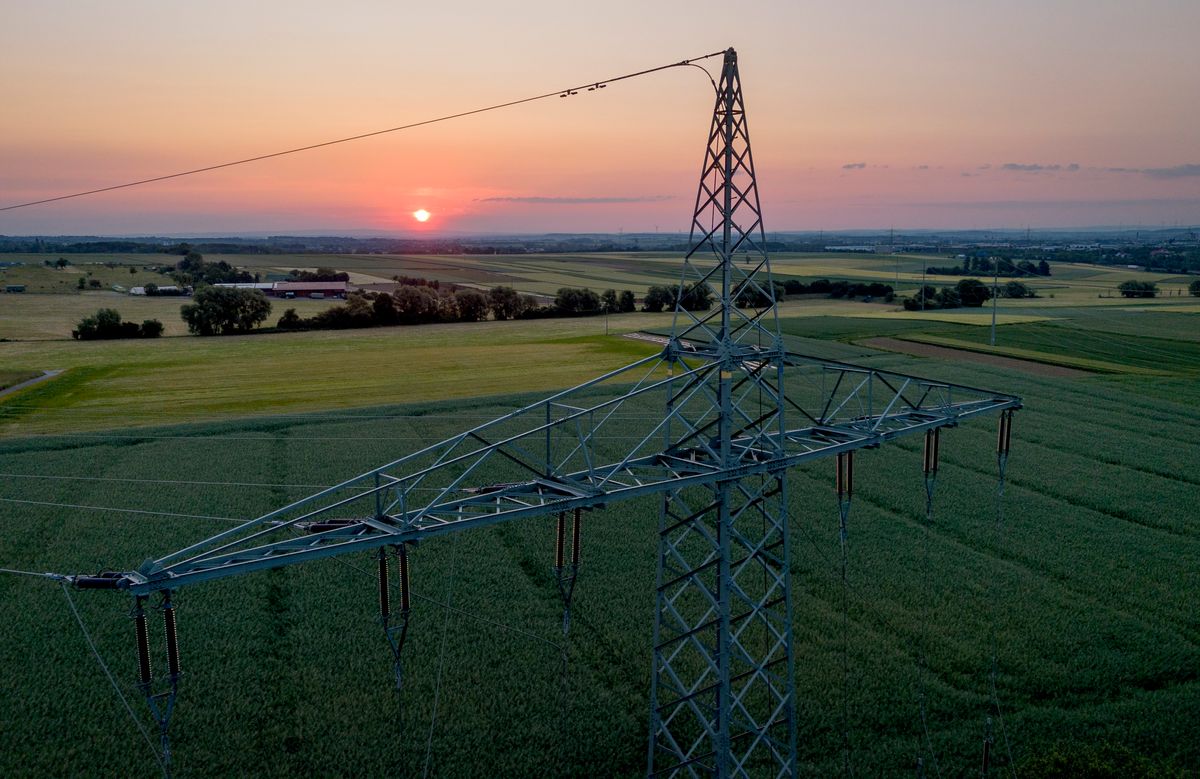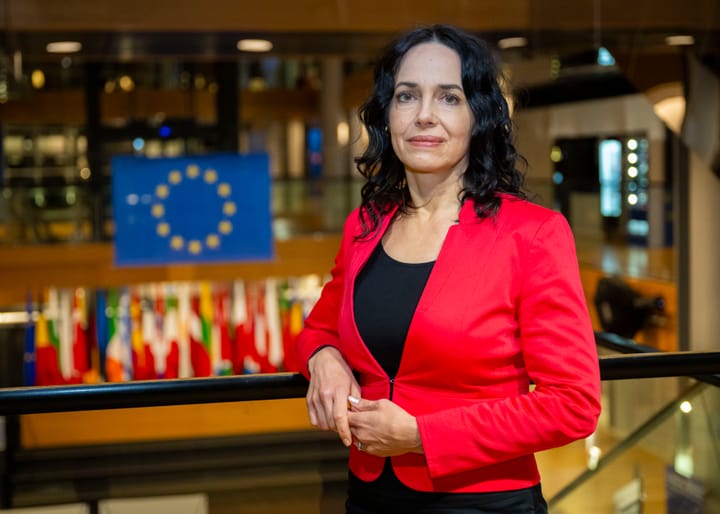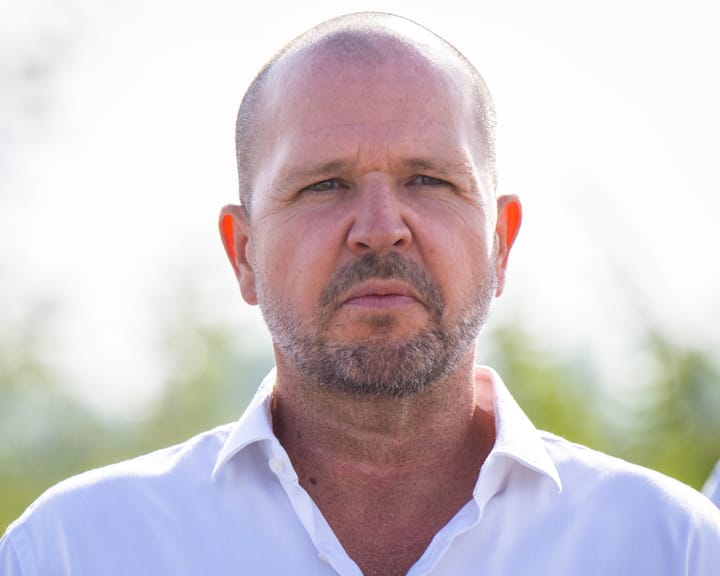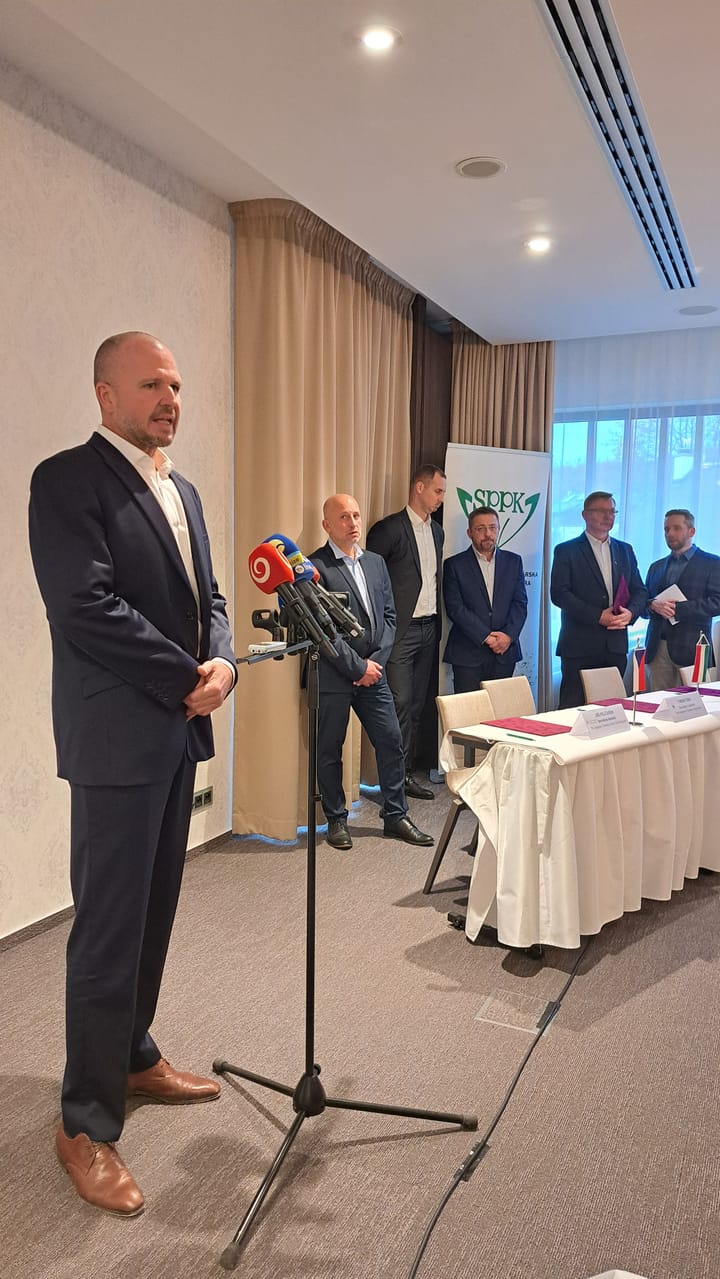EU electricity market reform at a standstill over nuclear power row

by AFP, ANSA, dpa, EFE, Europa Press, STA | 15.Sep 2023 | Key Story
The European Parliament gave the green light to start negotiations with the Council of the EU to reform the Union’s electricity market. However, the Council is currently deadlocked due to disagreements, mainly between Germany and France, over the financing of nuclear energy.
With a reform of the European electricity market, MEPs want to protect consumers more strongly against price fluctuations. Citizens should have the right to fixed price contracts as well as contracts with dynamic prices, according to the European Parliament’s negotiating position adopted in Strasbourg on Thursday. Consumers should also be provided with more information on the options available to them.
The basis for the parliamentary position was a legislative proposal from the European Commission in March. In mid-July, the European Parliament’s Industry and Energy Committee amended the proposal – by strongly limiting the subsidies for the nuclear industry – in preparation for talks with the Member States to finalise the text. This mandate was approved by all MEPs on Thursday (366 votes in favour, 186 against, 18 abstentions). This position in the parliamentary committee could have been approved without a vote in plenary unless expressly opposed by at least 71 elected members. Exactly that happened, though, resulting in a formal vote with no possibility of amendments.
The protest was led by members of the French EPP and Renew delegations, who felt that the text was too restrictive on nuclear power plants’ access to government-guaranteed pricing mechanisms and risked jeopardising the “major overhaul” of the French nuclear fleet. Slovenian, Romanian and Czech liberal Renew MEPs joined forces with the centre-right European Conservatives and Reformists (ECR) and radical left MEPs. They were unable to prevent the adoption of the text, which remained unchanged.
With the reform of the electricity market, the European Commission wants to avoid exploding prices for consumers and promote the expansion of renewable energies. According to the proposal, long-term contracts for electricity generation from renewable energies and nuclear power are to be promoted in particular.
However, there is no common position among EU countries yet. According to EU diplomats, there have been fears in the past that the French nuclear industry could be disproportionately favoured. So far, Germany and France have been at odds with each other.
Council dispute on nuclear energy continues
The electricity market reform has stalled in the Council because France is demanding that subsidies for the development of public-private Contracts for Difference (CfD) can also apply to existing nuclear activities. Those contracts work by the state agreeing with a producer on a fixed price for buying and selling electricity over a certain period, and then paying back the difference depending on whether the actual price was higher or lower than the fixed price. Germany, Austria, Luxembourg and Italy are against extending these to nuclear assets.
Austria and Luxembourg oppose because of their historic opposition to nuclear power, Germany and Italy because of the particularity of the French electricity mix, with almost 80 percent being produced with atomic energy. Such a measure would benefit French companies over those in the rest of the continent as it would result in an automatic public subsidy for domestic energy producers in the event of a crisis, permanently shielding French companies from price fluctuations.
Slovenia, like some other EU members gathered around France, will not agree to “deprivileging nuclear energy, which is key to decarbonisation and the green transition“, Slovenia’s Minister for Environment, Climate and Energy, Bojan Kumer, said. At the same time, this would also put upward pressure on prices, he added.
Kumer welcomed the efforts of the Spanish Presidency to converge positions on electricity market reform. He stressed that the key is finding a common denominator and that both the German and French blocs need to work on this. On the use of CfDs, Slovenia is in favour of maximum flexibility. “We want this to reach the ordinary consumer, not just business and industry,” said Kumer, who also advocated effective control at European level, on the redistribution of revenues and subsidies.
We want this to reach the ordinary consumer, not just business and industry.
Bojan Kumer, Minister for Environment, Climate and Energy of Slovenia
Last week, the Spanish Presidency of the Council of the EU distributed its first official proposal to pave the way for negotiations on the reform of the EU electricity market. The draft includes concessions to France while introducing controls to avoid market distortion, which is of particular concern to Germany.
The Spanish Presidency’s new proposal focuses on those aspects where disagreement remains and, in particular, seeks to resolve the positions of Paris and Berlin on CfDs.
The third vice-president of the Spanish government and Minister for Ecological Transition, Teresa Ribera, told the press in Brussels last week that she was confident that the Member States would be able to reach an agreement “in a few weeks”, which would allow the final negotiations with the European Parliament to begin.
Putting consumers first?
The Spanish Presidency’s proposal defines the design features of the instruments to ensure the economic viability of the lifetime of nuclear plants. It also requires that the revenues from the Contracts for Difference are distributed to final customers.
Furthermore, these contracts for difference must be designed to ensure that there is no under- or over-compensation; to determine the amounts of remuneration through a transparent and non-discriminatory tendering process and to avoid distortions of competition and trade in the internal market arising from the distribution of revenues to companies.
It also establishes a remuneration scheme for consumers, especially companies, who would receive money based on their total consumption, without altering the incentives to reduce consumption or undermining competition between suppliers. The system would be overseen by the European Commission, which could impose limits on income redistribution for companies.
New investments shall flow into new electricity generating installations or investments aimed at substantially extending their lifetime.
More renewable energy
The Spanish presidency’s draft definitions for economic viability of installations and how the revenues are distributed to consumers after adjustment of the CfD do not only regard nuclear energy. They also concern wind energy, solar energy, geothermal energy and hydroelectric energy without reservoirs. However, Member States may exempt small-scale renewable energy installations.
On Tuesday, the European Parliament backed a significant expansion of renewable energy generation, calling for renewables to account for at least 42.5 percent of energy used across the European Union by 2030. Many European countries would need to dramatically increase renewable energy production to meet the target. In Germany, for instance, the share of renewable energies stood at 20.4 percent in 2022, according to government figures.
On Wednesday in Strasbourg, European Commission President Ursula von der Leyen also announced a series of forthcoming measures to promote wind energy, stressing the need to speed up the issuing of permits.
Before the electricity market reform can come into force, the EU countries still have to reach an agreement with the European Parliament.
The objective is that the final version of the reform can be agreed with the European Parliament before the end of the year or early 2024. From then on the centre of power of the EU will enter a pre-electoral phase in view of the European Parliament elections in June 2024.
***************************************************************************
The News Agency of the Slovak Republic (TASR) is a part of project called the EuropeanNewsroom (ENR). The aim of the project is to strengthen news services from various countries in Europe and to support cooperation between the agencies' international news reporters. The ENR project includes the following agencies: AFP, ANSA, Agerpres, APA, ATA, Belga, BTA, DPA, EFE, Europa Press, FENA, HINA, MIA, STA, Tanjug and TASR. Polish news agency PAP is an associated partner, while the Ukrinform agency is also participating in the project as part of the solidarity shown to Ukraine.



